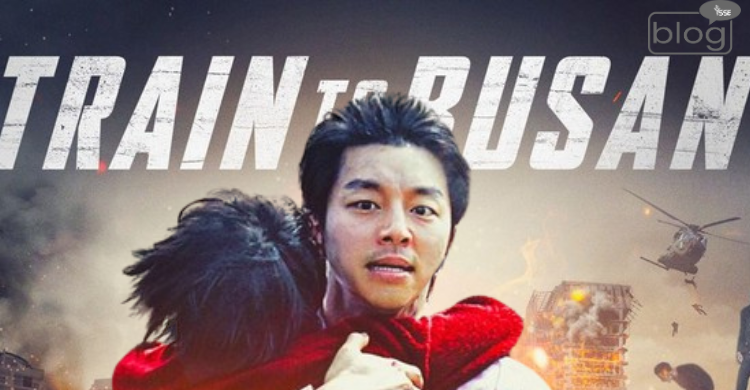Train to Busan, Directed by South Korean Director Yeon Sang-Ho, has greatly impacted worldwide audiences with its outstanding story, narrative, and mesmerizing visuals. It is one of the well-known Zombie genre movies. The film outstandingly portrays the human experiences of fear, resilience, and empathy. The film is a blend of action and deep emotions as well the ethical reflections. The film has used zombies as a metaphor for human fear of actions and how people outbreak their humanity, how people have reacted to a national outbreak, and how people choose to survive.
The Train
Train to Busan, is a story of survival. The train is representative of South Korean society and contains a diverse group of characters from different social backgrounds, upbringings, and statuses. When the zombie outbreak unfolded every person started to feel the fear of dying. It was just the differences in reaction to different actions of people to survive. The confined space made them reveal their differences in moral choices under the extreme pressure of survival.
The Role of Fear
Fear played the main theme of the Train to Busan. The fear reflected the social anxieties, desire to live, loss of safety and security, loss of their family members, and never seeing each other again. Moments of intense actions, deaths, sacrifices, and land oss made people deeply resonate with the film. Viewers engage with the film both fear as a horror zombie movie and also engage with the human emotions.
Ethical Dilemmas and Human Nature
The most overwhelming aspect of the Train to Busan is the representation of people’s ethical dilemmas. When people are at the edge of survival, morality is the most difficult thing to choose. Seok-woo, the main character illustrates his battle of protecting himself and his daughter and his initial self-centered transformation to protect other passengers. Other characters highlighted selfishness like Yon-suk, who faced extreme consequences due to death.
The journey to flashbacks of moments and relationships
The confined space of the train portrayed the psychological conditions of the passengers. They all were trapped emotionally more than physically. Everyone was helpless to live, memorizing their memories, guilt, trauma, and the hope to correct their wrongdoings. Seok-woo’s journey is the most highlighted one. He and his daughter Su-an were not only on a physical trip but also they were on an emotional trip, highlighting their past moments, and recalling them, his regrets of not being the best father, and his desire to reconnect with his daughter. After being bitten, Seok-woo’s flashback of holding his daughter’s hand as a baby allows viewers to feel the depth of love, joy, and innocence but how the ongoing life has abundant them to feel the love and made a father from playing a father figure and transforming him to be only a busy businessman.
The character Sung-Kyung, a pregnant wife, represents strength and resourcefulness. Her vulnerable condition still made her exhibit the strength to contribute to the group’s survival efforts. The young girl, Jin-hee also made an impactful play. Her innocence and vulnerability also show the growth of humanity as she navigates the dangers around her.
Hope and Desire
Passengers were going through a constant life threat from zombies, still, they were somewhere hoping to stay alive. The place ‘Busan’ symbolizes hope and desire to find safety and solace. The movie portrays the situation of hopelessness and hopes to live.
Train to Busan, is a thought-provoking film that helps viewers to connect and explore fear, societal issues, and human nature, empathy. Zombies played the role of metaphor, the vehicle of deeper storytelling of natural observation of human reaction. The movie resonates with the audience with both emotional and fear levels, making the movie a landmark in global pop culture.
To read these types of blogs, click here.
Writer
Nayela Binte Azad
Intern, Content Writing Department
YSSE

